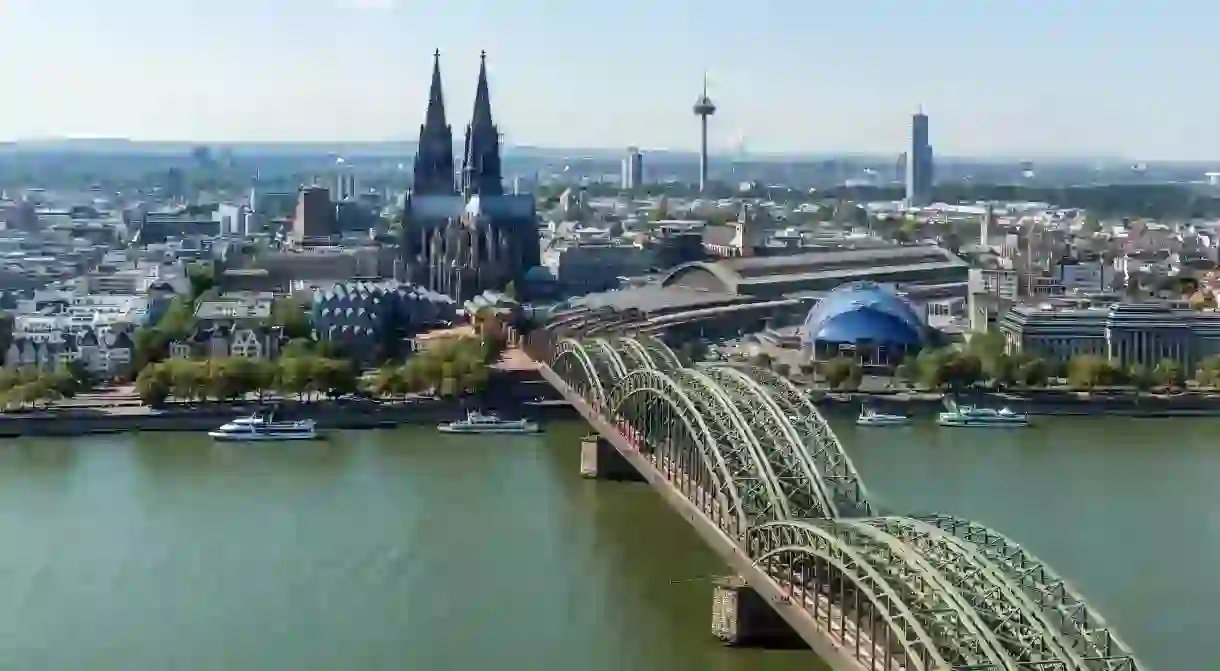Understanding Cologne's Local Dialect

Perched on the edge of the Rhine river, Cologne’s history is closely twinned with the rise of the Rhine as a shipping route. The people of Cologne, however, enjoy a reputation as among Germany’s most friendly, in no small part due to Kölsch, the local dialect.
Cologne’s dialect, part of the Mitteldeutschland group of dialects, reflects something deeper than just its differences from Hochdeutsch (high German). In Kölsch the locals can express something that is missing from Hochdeutsch: the essence of their city. The people of Cologne take their dialect seriously, so seriously in fact that their attitude to the city and to life can be expressed in their Kölsches Grundgesetz (Cologne Groundrules) which demonstrate that Cologne is home to pragmatic whimsy; at once romantic and realistic. Before readers are too quick to take Cologne too seriously however, it is important to remember that locals will happily tell visitors that ‘Kölsch is the only language’ you can drink; Kölsch afterall is not just the local dialect, it’s also the name of the local beer.
Cologne Groundrules:
























